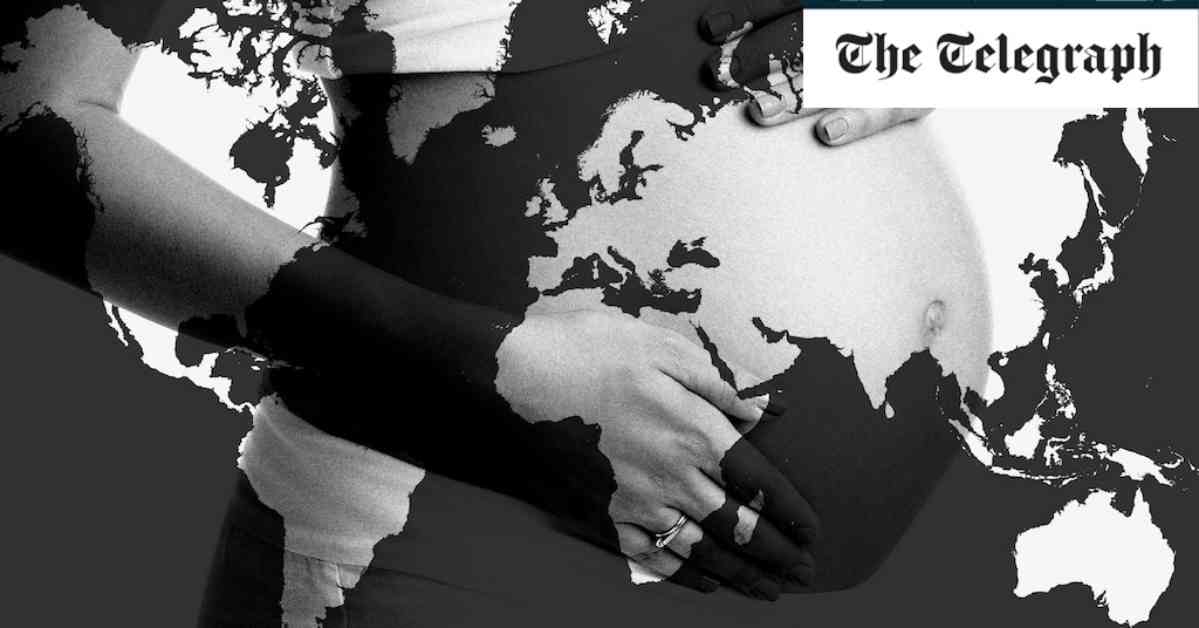Elton John, David Furnish, Paris Hilton, Kim Kardashian, and Kanye West have all participated in the global surrogacy industry. This industry, valued at almost $18 billion, is projected to grow to $129 billion by 2032. The process involves selecting components to create a baby through surrogacy, with various options available ranging from DIY to full-service packages, including sex selection and international surrogacy options.
In the UK, commercial surrogacy is banned, but international surrogacy imports are allowed, resulting in 400-500 surrogate-incubated babies registered each year. While some view surrogacy as a miracle providing options for infertile couples, others see it as exploitative and reeking of false entitlement. The lack of regulation raises concerns about the well-being of surrogate mothers and the children born through surrogacy.
The surrogacy process in the UK is governed by a mix of statutes and common law, with unclear regulations and limited oversight. Disputes that may arise are typically handled in the Family Court, leading to a lack of transparency in the system. The legal framework surrounding surrogacy agreements is complex, with restrictions on advertising and commercial arrangements.
Globally, the surrogacy market varies widely, with some countries allowing commercial surrogacy while others ban the practice. The commercialization of surrogacy raises ethical concerns and risks exploitation of surrogate mothers. The industry operates in a legal grey area, with contracts dictating financial compensation and outcomes for surrogate mothers.
Efforts to regulate surrogacy practices and protect the rights of surrogate mothers and children are ongoing. Calls for stricter regulations, bans on commercial surrogacy, and international treaties to prohibit surrogacy are gaining traction. The focus is shifting towards safeguarding the well-being of all parties involved in the surrogacy process and preventing human trafficking in the global surrogacy market.












